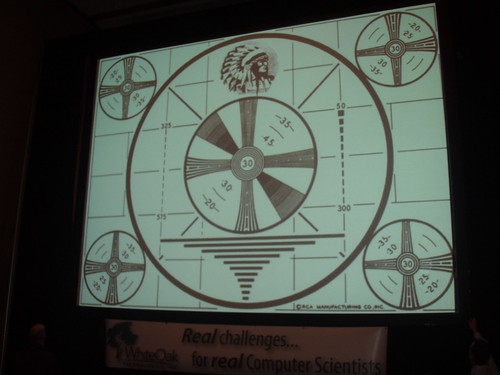You'll find lots about FNB in these Quaker journals of mine, as I participated as a food hauler, with bicycle and one or two trailers, and as a cook. Later, as a vet, I'd just show up and eat, chatting with some from the old cast (e.g. Satya) while meeting newcomers.
Now that we're practicing new distancing rules and so on, I'm guessing the online manuals, the basis for the organization, are out of date. Whether the continuing momentum (inertia) goes forward with the same name or not is a matter of semantics I suppose. Perhaps some manuals have been updated.
I just unfroze some tofu from my last FNB meet up, pre isolation protocol, and although I was skeptical of its texture, Leela (aka Lindsey in former chapters) texted it was pretty OK this way. I just fried some up and added like some soy sauce (I think that's what it is, unlabeled), and hey, it soaks stuff up nicely, like bread.
I'll be done with my frozen burritos shortly. I munched on one of those on camera (see Youtube channel) awhile back, sounding a little sorry for myself because no one wanted to join me in my Geometry World (like Minecraft in some ways).
But these are actually pretty good burritos, even if unfrozen.
Now that we're practicing new distancing rules and so on, I'm guessing the online manuals, the basis for the organization, are out of date. Whether the continuing momentum (inertia) goes forward with the same name or not is a matter of semantics I suppose. Perhaps some manuals have been updated.
I just unfroze some tofu from my last FNB meet up, pre isolation protocol, and although I was skeptical of its texture, Leela (aka Lindsey in former chapters) texted it was pretty OK this way. I just fried some up and added like some soy sauce (I think that's what it is, unlabeled), and hey, it soaks stuff up nicely, like bread.
I'll be done with my frozen burritos shortly. I munched on one of those on camera (see Youtube channel) awhile back, sounding a little sorry for myself because no one wanted to join me in my Geometry World (like Minecraft in some ways).
But these are actually pretty good burritos, even if unfrozen.


